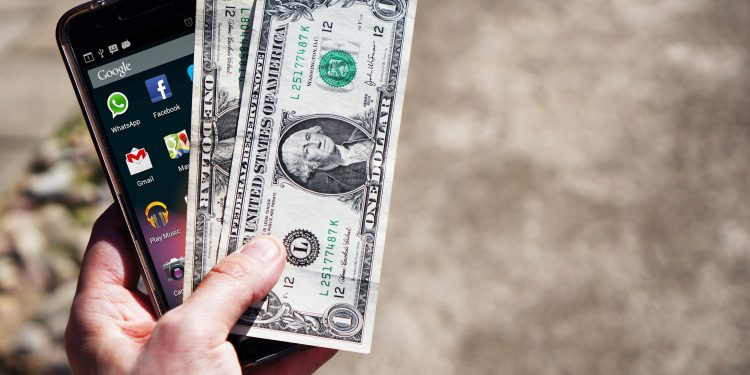Much time, and I mean a lot of time, has been spent writing about the surge of contactless purchase transactions around the globe in the wake of the COVID-19 global pandemic. Articles on the topic often combine commentary on the rise of contactless with coverage of a similar decline in the use of cash.
This article in PaymentsSource wishes the industry to think about the societal impact of contactless transactions at the expense of cash and calls out the need to protect the use and acceptance of cash for those with few financial options. There is also a reminder of the consequences to small businesses:
When COVID-19 hit, there was a 44% increase in the use of contactless payments, and some businesses even displayed “card only” signs. This caused those relying solely on cash to be cut off from vital goods and services at a time when they needed it the most.
Covid has accelerated what was already on the rise, driven by growing consumer use of mobile and contactless payments. Cashlessness presents an opportunity for government, financial service providers and the wider digital economy – especially the likes of Uber, Airbnb and Deliveroo who all benefit from the reduced friction.
The result of this combined push towards cashlessness is a 60% drop in ATM usage according to YouGov. The fall in usage – again operators make money from transaction fees – means the ATMs are becoming more costly and even driving potential losses. It is no surprise then that ATMs are disappearing from towns and villages across the country.
The impact of this move towards digital payments is being felt nationwide. Millions in the U.K. still rely on cash daily, and many are society’s most vulnerable. Immigrants, the homeless, ex-prisoners, the elderly and low-income workers operate in largely cash-based economies either getting paid or needing to pay with cash. This is amplified by a lack of access to bank accounts that offer digital payments.
This hasn’t just been a problem for consumers. Cashlessness can also have a negative impact on small businesses. There is an added cost for merchants who accept card payments which can limit their business’ profitability and ability to compete with larger retailers.
The issue is now so big that industry bodies have spoken out via the Federation of Small Businesses (FSB), whose national chairman Mike Cherry said: “Cash remains the payment method of choice for millions of small business customers, and for many it is still an essential part of the payments mix.”
Finally, the loss of anonymity that cash affords individuals is also off-putting for a part of the population. Digital payment data is routinely collected and stored, and while this is good for tax evasion and AML, there are concerns over privacy and civil rights that are yet to be addressed.
Overview by Sarah Grotta, Director, Debit and Alternative Products Advisory Service at Mercator Advisory Group









